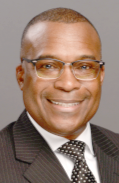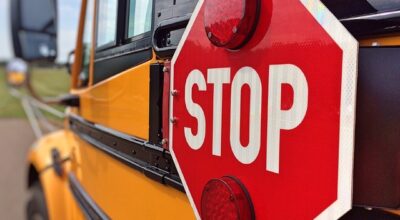SVCC prepares to open physically and virtually for fall session
Published 11:09 am Thursday, June 18, 2020
|
Getting your Trinity Audio player ready...
|
Southside Virginia Community College President Dr. Quentin Johnson assured students there would be a fall semester at the school, but whether the class will be taught in person or online will depend on the course.
“We will be offering some classes face to face,” Johnson said. “Those details will be shared as soon as our plan has been approved and we have all of our pieces in place.”
He said classes such as nursing, welding and other programs that require hands-on, face-to-face interaction will have a framework to allow them to go forward using a socially distanced and sanitized environment.
Classes not requiring hands-on instruction will likely continue online.
“We will continue to have significant online instruction,” Johnson said.
Community colleges as well as four-year public and private universities are all working on reopening plans that meet the guidelines of the state of Virginia’s reopening plan. The guidelines for the plans were announced by Virginia Gov. Ralph Northam in a Thursday, June 11, press conference.
“Each institution will take on this challenge in a way that meets their unique mission and circumstance, but at all times their plans must be based on the best available public health data, including the Virginia Department of Health’s testing guidance,” Northam said.
Johnson said Virginia’s community colleges have been working on plans to return to instruction in the fall after having to quickly close campuses and convert all classes to online instruction in March. SVCC is working on an individual plan to submit for the approval of the State Council of Higher Education.
“We are sitting down as a team to look and see what the governor is asking,” Johnson said. “We are moving forward with deliberate speed to submit our plan.”
He said SVCC is working to get sanitizing equipment and as much personal protective equipment as possible, such as masks and gloves, to make sure the environment remains safe for both the students and the staff.
The institutional plans will address not only the needs of the students but also the needs of the staff, many of whom are in the target demographics vulnerable to the virus, and also the communities wherein the schools reside. The plans must address the repopulation of the campus, monitoring health conditions, containment of the disease if detected and a shutdown plan if infections reach a level where such a move is warranted.
“Expect a new normal,” Peter Blake, the director of the State Council of Higher Education, said during the governor’s June 11 press conference. “More courses will be taught in an online or hybrid manner. Classes will be smaller. Schedules will be staggered. Residence life will be spread out. Food service will be offered in non-traditional ways, and large-scale events, such as performing arts and athletics, will be a new experience.”





